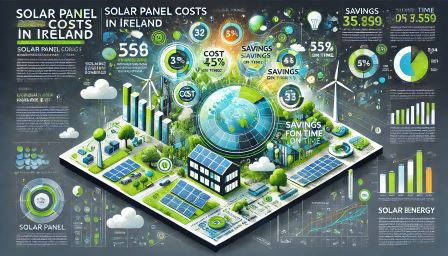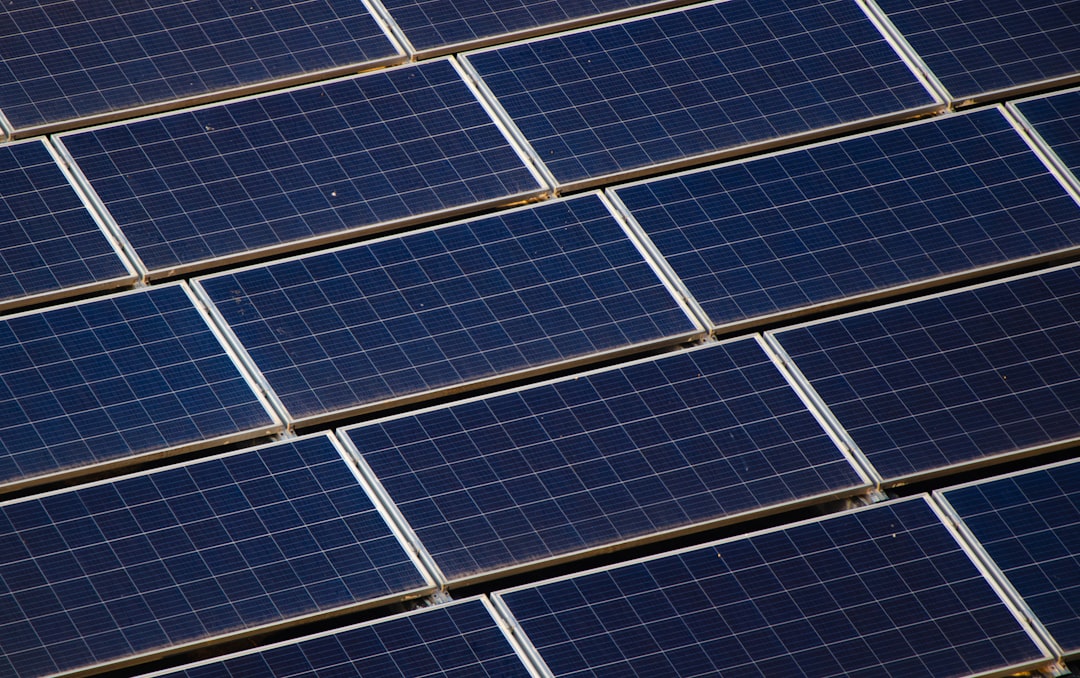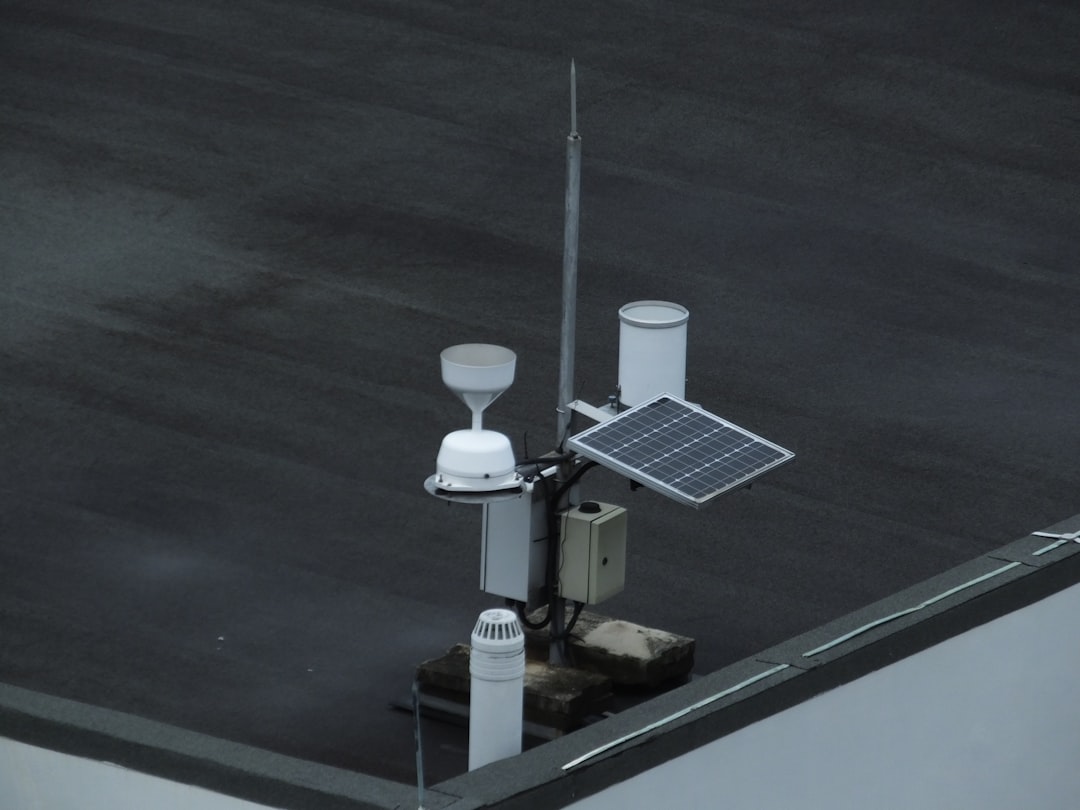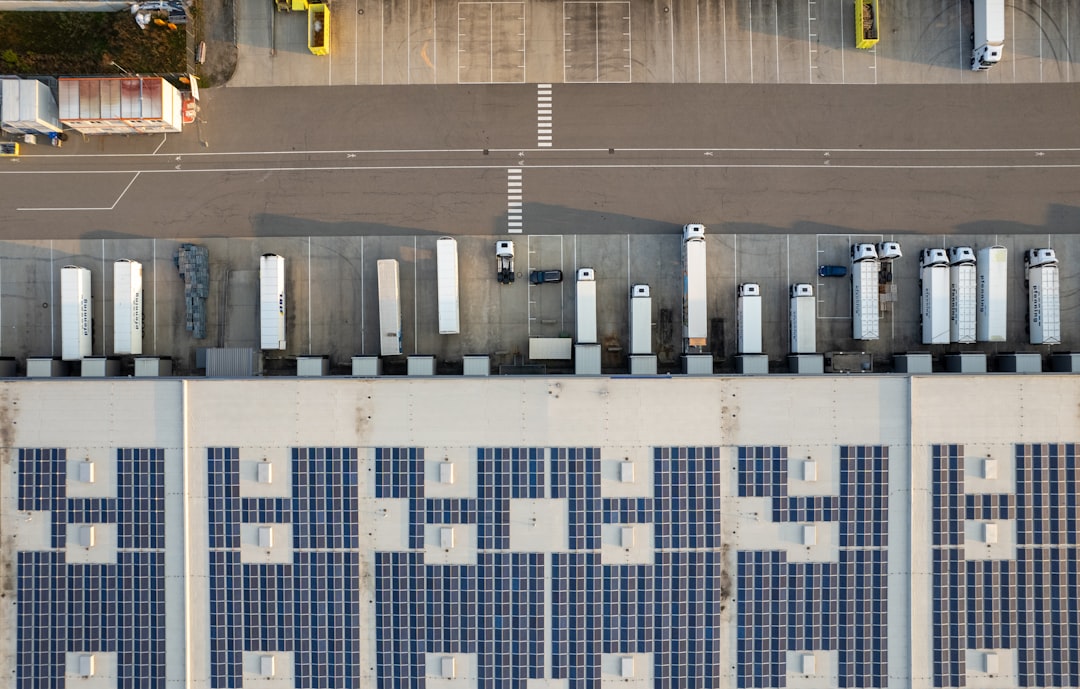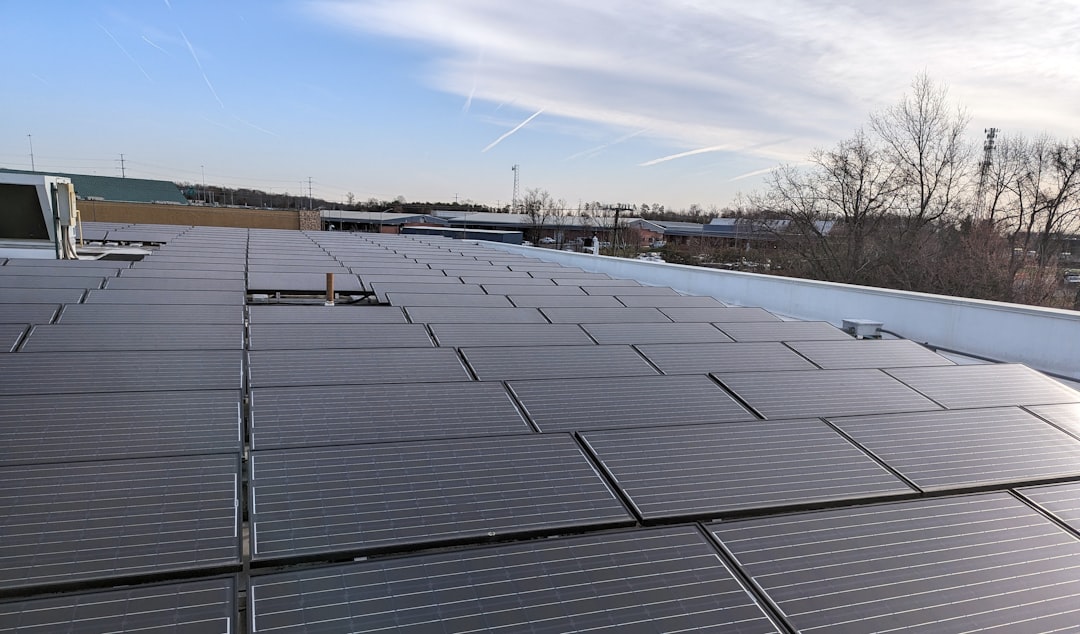Investing in solar panels in Ireland is an environmentally friendly and financially sound decision.
Solar Energy Monitoring and Optimization - solar inverter
- consumption
- smart meter
- environmentally friendly
- Ireland
Solar Energy Monitoring and Optimization - microgeneration
- carbon
- monocrystalline silicon
- solar panel
- energy
- Thin film solar cell
- cost-effectiveness analysis
Solar Energy Monitoring and Optimization - solar inverter
- fossil fuel
- power system
- carbon footprint
- polycrystalline silicon
Key Determinants of Solar Panel CostsThe cost of solar panel installations in Ireland is influenced by several factors:System Size: Larger photovoltaic systems designed for higher energy consumption require more panels, driving up the cost.
Solar Energy Monitoring and Optimization - feed-in tariff
- electric vehicle
- photovoltaics
- energy consumption
- direct current
- planet
- home energy storage system
- electricity
Solar Energy Monitoring and Optimization - rechargeable battery
- energy development
- solar thermal collector
- payback period
- sustainable development
- water heating
- rooftop photovoltaic system
The average payback period for solar panels in Ireland is between 5 and 7 years. Hybrid Energy Solutions: Solar panels complement other renewable energy systems like wind power for comprehensive energy development.
Solar Energy Monitoring and Optimization - inverter
- microgeneration
- rechargeable battery
- cell
- solar energy
- alternating current
The Long-Term Value of Solar EnergySolar panels represent a long-term investment with benefits that extend well beyond the initial payback period of 5 to 7 years. Optimally, a south-facing roof with minimal shading yields the best results. cell Whether you are in Dublin or elsewhere in Ireland, solar panels offer a practical, cost-effective, and environmentally friendly solution for powering homes and businesses. Roof Specifications: Roof orientation, shading, and structural integrity can influence the efficiency and installation costs of solar panels.
Solar Energy Monitoring and Optimization - alternating current
- feed-in tariff
- battery charger
- inverter
- solar inverter
- electric heating
- Sustainable Energy Authority of Ireland
- thermodynamics

